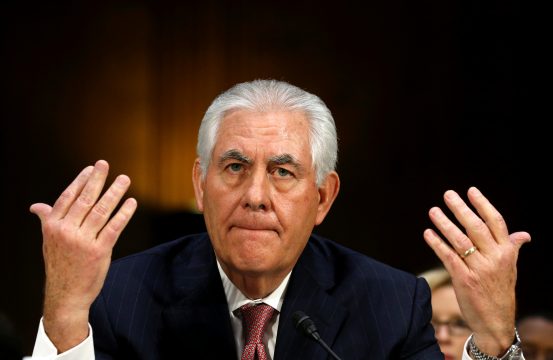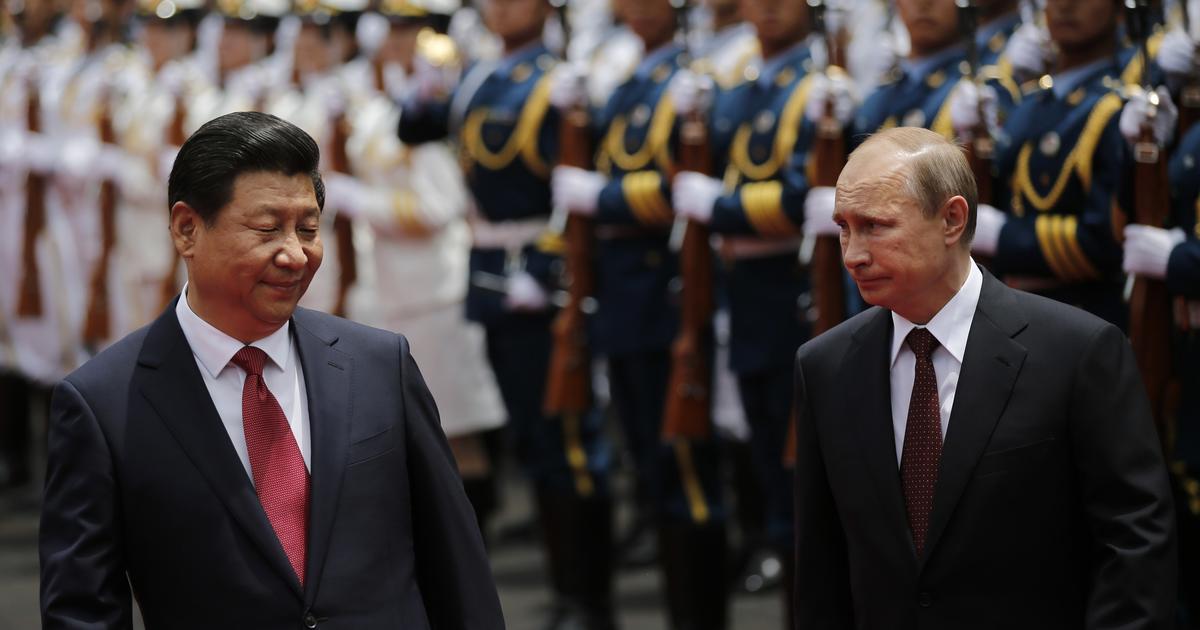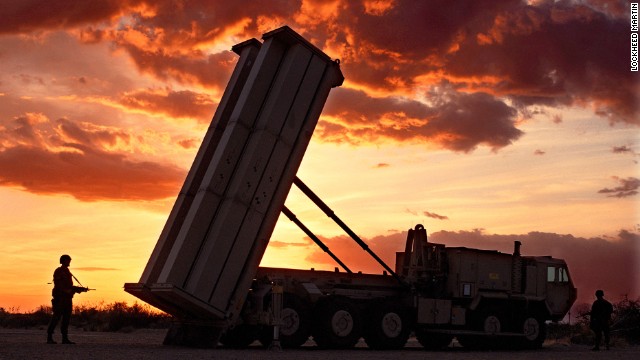Нацполіція оприлюднила список претендентів на посаду очільника відомства
 Відбір претендентів проводиться Консультативної відбірковою комісією, створення якої не передбачається законодавством, а є ініціативою міністра внутрішніх справ України. До складу комісії входять незалежні міжнародні та національні експерти. Для міністра внутрішніх справ при визначенні кандидата на посаду керівника Національної поліції України та формуванні пропозиції прем’єр-міністру України рішення комісії носять рекомендаційний характер. Список оприлюднили в прес-службі відомтва.
Відбір претендентів проводиться Консультативної відбірковою комісією, створення якої не передбачається законодавством, а є ініціативою міністра внутрішніх справ України. До складу комісії входять незалежні міжнародні та національні експерти. Для міністра внутрішніх справ при визначенні кандидата на посаду керівника Національної поліції України та формуванні пропозиції прем’єр-міністру України рішення комісії носять рекомендаційний характер. Список оприлюднили в прес-службі відомтва.
У списку претендентів знаходяться глава поліції Києва Андрій Крищенко, керівник ГУНП в Донецькій області В’ячеслав Аброськін, начальник департаменту карного розшуку НПУ Сергій Князєв, в. о. голови Нацполіції Вадим Троян, начальники ГУНП у Житомирській і Чернігівській областях – В’ячеслав Печененко та Едуард Альохін, заступник начальника управління Головного управління по боротьбі з корупцією та організованою злочинністю СБУ Орест Михайлецький, заступник голови Нацполіції Костянтин Бушуєв.
Процедура відбору буде складатися з наступних етапів:
1-й етап – Вивчення поданих претендентами документів на відповідність базовим вимогам конкурсу.
2-й етап – Претенденти, які відповідають базовим вимогам конкурсу, проходять тестування.
3-й етап – За результатами розгляду резюме, мотиваційних листів та результатів тестування, комісія шляхом голосування запрошує претендентів для співбесіди.
4-й етап – Проведення співбесід.
5-й етап – Претенденти, які успішно пройшли попередній етап, не пізніше ніж у триденний строк після оголошення результатів 4 етапу повинні надати повний пакет документів, передбачений Законом України „Про Національну поліцію“.
За результатами п’яти етапів конкурсу комісія шляхом голосування визначає не більше трьох фінальних претендентів. У разі виникнення спірних питань, вона може запропонувати претендентам додаткову перевірку.
Список фінальних претендентів має бути сформований і переданий на розгляд міністрові внутрішніх справ у якомога коротший термін, але не пізніше 15 лютого 2017 року.
Зазначимо, вісім діючих представників вищого керівництва Національної поліції візьмуть участь у консультативному конкурсі, на якому оберуть нового голову поліції, серед них в.о. голови Нацполіції Вадим Троян, його заступник Костянтин Бушуєв, начальник карного розшуку Сергій Князєв, начальник Головного управління поліції в Києві Андрій Крищенко .
Нагадаємо, що Міністр внутрішніх справ України Арсен Аваков 16 грудня 2016 року оголосив конкурс на заміщення вакантної посади голови Національної поліції.
16 листопада Кабінет міністрів України звільнив Хатію Деканоїдзе з посади голови Національної поліції .
© Source: http://ipress.ua/news/natspolitsiya_oprylyudnyla_spysok_pretendentiv_na_posadu_ochilnyka_vidomstva_195438.html
All rights are reserved and belongs to a source media.


 Secretary of State-to-be Rex Tillerson testified to Congress on Wednesday that America needs to take a harder line against China in the South China Sea. “We’re going to have to send China a clear signal that, first, the island-building stops,” Tillerson said. “And second, your access to those islands also is not going to be allowed.” This tougher stance is necessary, he says, to deter China from further “pushing the envelope.”
Secretary of State-to-be Rex Tillerson testified to Congress on Wednesday that America needs to take a harder line against China in the South China Sea. “We’re going to have to send China a clear signal that, first, the island-building stops,” Tillerson said. “And second, your access to those islands also is not going to be allowed.” This tougher stance is necessary, he says, to deter China from further “pushing the envelope.” 
 BEIJING — Chinese state media say Beijing and Moscow have agreed to take “further countermeasures” in response to plans for an advanced U. S. missile defense system in South Korea.
BEIJING — Chinese state media say Beijing and Moscow have agreed to take “further countermeasures” in response to plans for an advanced U. S. missile defense system in South Korea. 
 But they’re in it together, and the two appear to be taking steps together against US global hegemony.
But they’re in it together, and the two appear to be taking steps together against US global hegemony. 
 Kevin Lamarque/Reuters
Kevin Lamarque/Reuters 
 BEIJING — Hundreds of thousands of Chinese travelers were packing airports, train and bus stations Friday as they headed home for Lunar New Year celebrations.
BEIJING — Hundreds of thousands of Chinese travelers were packing airports, train and bus stations Friday as they headed home for Lunar New Year celebrations. 
 Bundeskanzlerin Angela Merkel (CDU) hat die Bürger aufgefordert, offensiv für die Werte der Demokratie einzutreten. „Eines kann nicht sein: Dass einige Teile von uns allen darüber befinden, wer das Volk ist, und andere einfach aus dem Volk ausgeschlossen werden“, sagte sie am Freitagabend bei einer CDU-Veranstaltung in Saarlouis (Saarland). „Wir alle sind das Volk. “
Bundeskanzlerin Angela Merkel (CDU) hat die Bürger aufgefordert, offensiv für die Werte der Demokratie einzutreten. „Eines kann nicht sein: Dass einige Teile von uns allen darüber befinden, wer das Volk ist, und andere einfach aus dem Volk ausgeschlossen werden“, sagte sie am Freitagabend bei einer CDU-Veranstaltung in Saarlouis (Saarland). „Wir alle sind das Volk. “ 
 JIAXING, China — A Chinese factory has been doing a brisk business selling giant inflatable roosters, some as tall as 16 feet, based on a design widely perceived in China to resemble President-elect Donald Trump.
JIAXING, China — A Chinese factory has been doing a brisk business selling giant inflatable roosters, some as tall as 16 feet, based on a design widely perceived in China to resemble President-elect Donald Trump. 
 China escalated its war of words against the incoming Trump administration on Friday, claiming in state media that Secretary of State nominee Rex Tillerson’s warning over Beijing’s military buildup in the South China Sea could signal the first shots of „a military clash. “
China escalated its war of words against the incoming Trump administration on Friday, claiming in state media that Secretary of State nominee Rex Tillerson’s warning over Beijing’s military buildup in the South China Sea could signal the first shots of „a military clash. “ 
 Kanye West könnte die Sache noch retten. Zwar hätte er es sich dann endgültig mit seinen alten Anhängern verscherzt, aber sein neuer Promi-Fan Donald Trump wäre ihm sicher ewig dankbar, wenn er ihm jetzt aus der Patsche helfen würde.
Kanye West könnte die Sache noch retten. Zwar hätte er es sich dann endgültig mit seinen alten Anhängern verscherzt, aber sein neuer Promi-Fan Donald Trump wäre ihm sicher ewig dankbar, wenn er ihm jetzt aus der Patsche helfen würde. 

